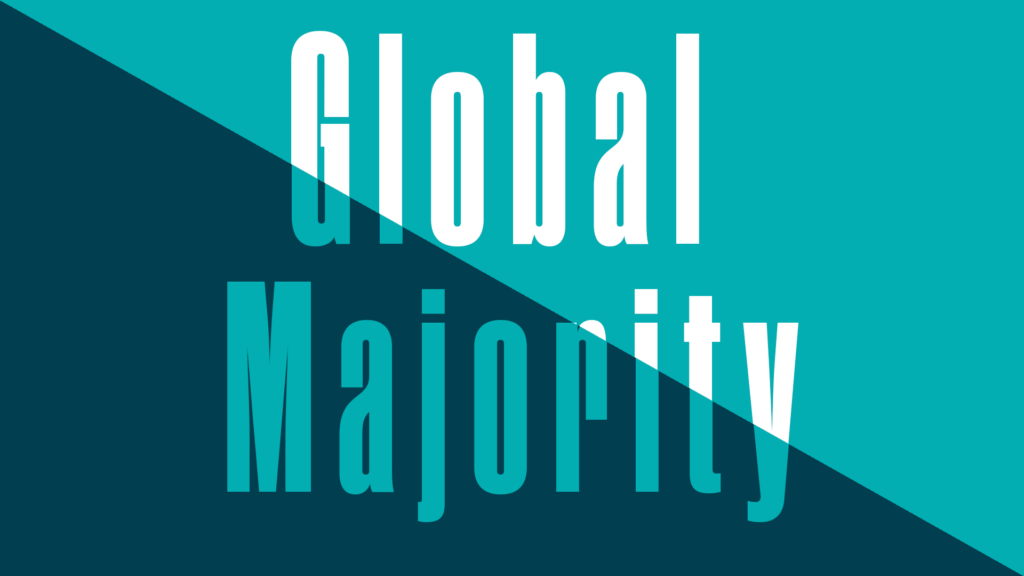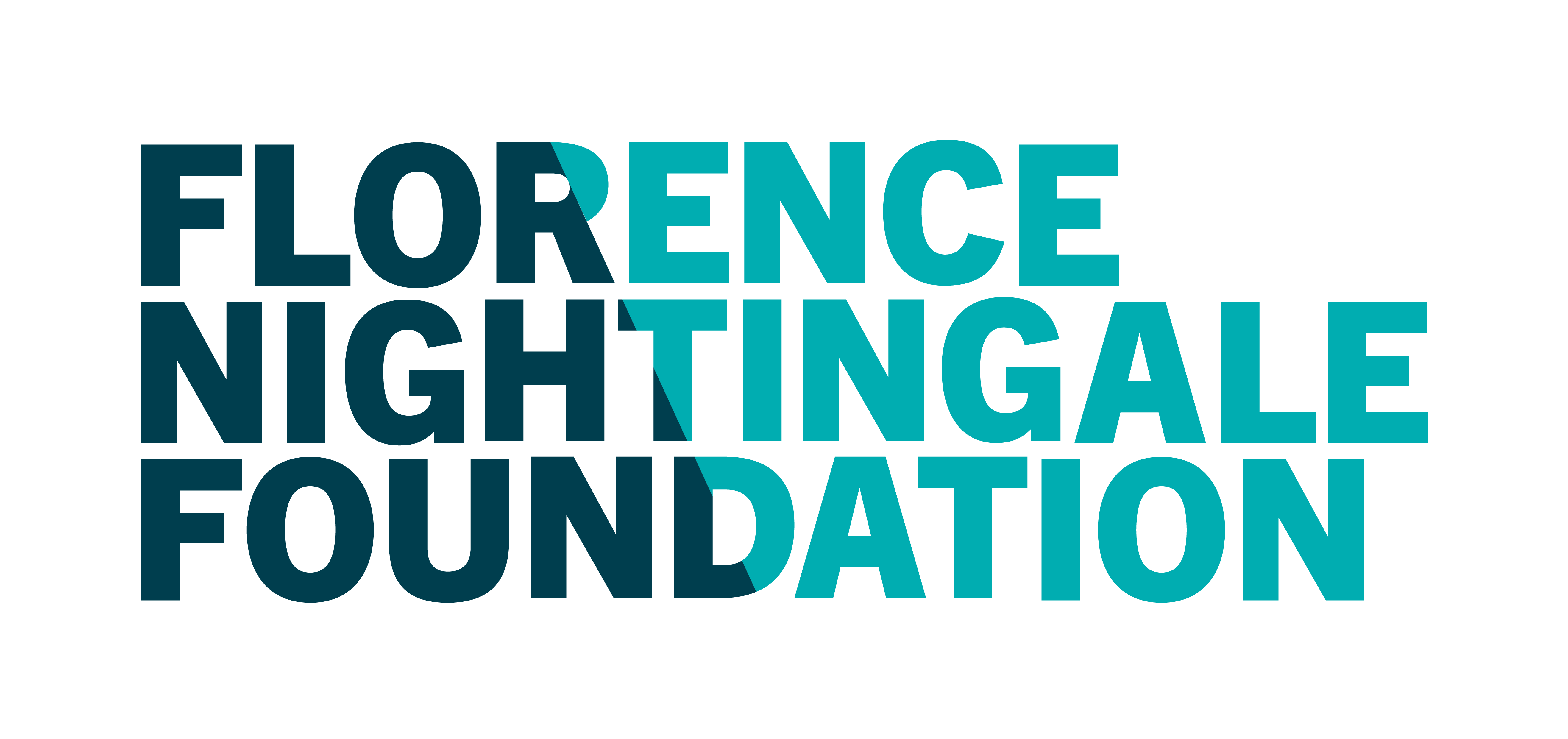Message from Professor Gemma Stacey – Deputy CEO
Please accept our very warm welcome to your Florence Nightingale Leadership Programme. This document outlines all the key information you will need to make the most of this opportunity. It includes the learning outcomes for the overall programme and each individual session.
Programme
- Developing the confidence and capability required to positively influence as leaders at all levels
- Exploring communication approaches which enable a constructive presence and wider impact
- Understanding their collective authority and power to make a clear difference to workforce culture
- Understanding political influence both within and outside of the organisation
- Having a psychologically safe space to facilitate decision making, hold ambiguity and process tensions
- Develop an understanding of quality improvement methodology for instigating, leading embedding and measuring change within their local environments
- Develop critical thinking attributes and a commitment to the value of evidence-based practice
Contact Us
If you have any questions or concerns before or during your time on the programme, please feel free to contact us at the following address.
Email: [email protected]
You must include the name of your leadership programme and your cohort (if applicable) in the subject line, and someone will respond to assist you. If you are calling FNF about your programme, please state your name, Leadership Programme, cohort, email address and phone number in the voicemail.
We hope you find your journey a truly transformational experience and develop the foundations and networks to realise your leadership potential!
Anti-racism Statement
The Florence Nightingale Foundation (FNF) is an anti-racist organisation. It firmly believes in the inherent worth and dignity of every individual and is committed to opposing all forms of racism and discrimination. We recognise that racism has a long and painful history, the legacy of which continues to leave deep scars on our society. To create a more equitable future, we must first acknowledge the past and learn from it.
Link to full statement

